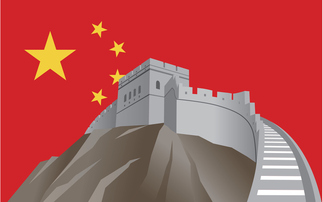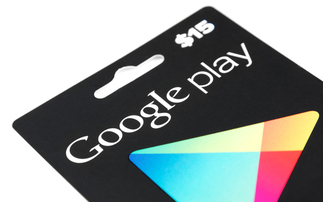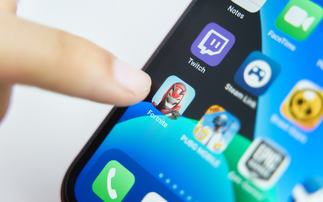Lumia 800 launch is a pivotal moment in the Finnish firm's rebirth
It's been a tough few years for Nokia. The company was the undisputed mobile leader as late as 2007, churning out devices that were good enough for most and priced to appeal to broad market segment...
To continue reading this article...
Join Computing
- Unlimited access to real-time news, analysis and opinion from the technology industry
- Receive important and breaking news in our daily newsletter
- Be the first to hear about our events and awards programmes
- Join live member only interviews with IT leaders at the ‘IT Lounge’; your chance to ask your burning tech questions and have them answered
- Access to the Computing Delta hub providing market intelligence and research
- Receive our members-only newsletter with exclusive opinion pieces from senior IT Leaders






















